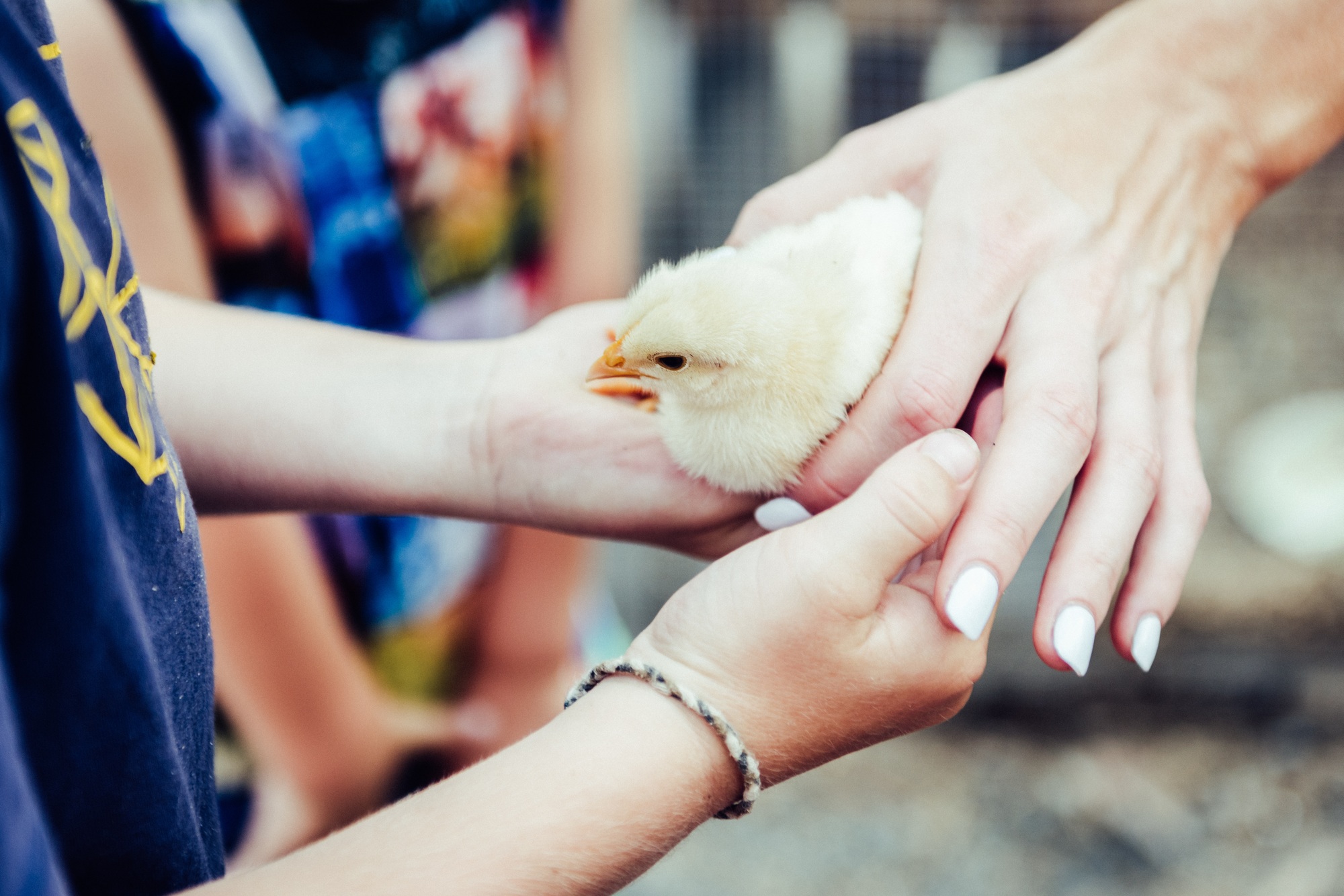When considering poultry farming, one essential topic often overlooked is the vaccination of eggs. Ensuring that your chicks are protected from diseases right from the start can significantly impact their health and productivity.
In this article, we will explore why vaccinating eggs is vital for raising healthy chickens, how to effectively carry out the vaccination process, and the benefits it brings to your flock.
Understanding the need for vaccination
Vaccines play a crucial role in preventing various diseases that can affect your poultry. When chicks hatch, they are susceptible to pathogens that can lead to significant health issues. Diseases such as Marek’s disease, Newcastle disease, and infectious bronchitis can decimate a flock if not addressed promptly.
Vaccination helps in establishing immunity against these diseases, ensuring that the chicks can withstand exposure to pathogens as they grow. The process of vaccination typically begins before the chicks even hatch, with some vaccines being administered to the eggs directly or to the mother hen.
By vaccinating eggs, you are laying the foundation for a healthier chicken. The vaccines can be absorbed by the embryos, providing them the necessary antibodies to fight off illnesses at a young age. This proactive approach not only protects the individual birds but also contributes to the overall health of the flock, reducing the risk of disease outbreaks that can lead to hefty losses.
Moreover, a vaccinated flock is usually more productive. Healthy birds produce more eggs, and their growth rates are often better than those of unvaccinated birds. This is especially crucial for commercial poultry operations, where productivity directly impacts profitability. More information on this subject can be found on the Ecat-iD website. Therefore, understanding the need for vaccination is the first step in ensuring a successful poultry venture.
The vaccination process: when and how to vaccinate ?
Timing is essential when it comes to vaccination. For optimal results, you should vaccinate your eggs at specific times during their development. Many producers recommend beginning vaccinations as early as possible, often within the first days of life.
Chicks can be vaccinated in several ways: through a needle, in the drinking water, or via feed. Some vaccines are administered directly to the egg, while others are given to the bird after hatching. Regardless of the method, the goal is to ensure that the vaccines reach the chicks effectively to build their immune systems.
It’s crucial to follow the vaccination schedule recommended by your veterinary provider or the vaccine manufacturer. For instance, some vaccines require booster shots several weeks after the initial dose. Keeping records of vaccination dates, types of vaccines used, and the number of birds vaccinated can help in managing your poultry health effectively.
In addition, environmental factors can influence the success of vaccination. Ensure that your brooding area is clean, warm, and free of stressors. Feed and water should be high-quality to help the chicks recover from any post-vaccination stress. Proper management can enhance the effectiveness of the vaccines, leading to healthier birds.
Common vaccines for chicks and their benefits
There are several vaccines commonly used in the poultry industry, each designed to combat specific diseases. Understanding these vaccines and their benefits can help you make informed choices for your flock.
Marek’s disease vaccine is often administered to chicks at hatching. This vaccine protects against a viral disease that can cause tumors and nerve damage in birds, greatly affecting their growth and productivity. By vaccinating against this disease, you significantly reduce the risk of losses in your flock.

Poultry production
Newcastle disease vaccine is another crucial component of chick vaccination. This disease can lead to severe respiratory issues and is highly contagious among birds. Vaccinating chicks against Newcastle disease can help maintain flock health and productivity.
Infectious bronchitis vaccines protect against respiratory diseases that affect the reproductive systems of hens. Proper vaccination can ensure a higher egg production rate and better egg quality, which is vital for poultry operations.
Overall, these vaccines work together to form a robust defense against various diseases. By vaccinating your chicks, you ensure they grow up healthy, contributing to the sustainability and productivity of your poultry business. Understanding the different types of vaccines available allows you to tailor your vaccination program to the specific needs of your flock.
Long-term benefits of vaccination in poultry
Vaccinating your chicks not only protects them in the short term but also reaps long-term benefits for your poultry operation. Healthy birds result in lower veterinary costs, as the likelihood of disease outbreaks diminishes significantly.
Moreover, a vaccinated flock tends to be more productive, yielding better egg production and higher growth rates. This improved productivity translates into increased profits, making vaccination a worthwhile investment. Many commercial poultry farms report that the initial costs associated with vaccines are outweighed by the long-term savings and income from a healthy flock.
In addition to financial benefits, vaccination contributes to biosecurity in poultry farming. By maintaining a healthy flock, you help prevent diseases from spreading into and out of your farm. This practice is essential not only for your operation but also for the broader poultry industry, as it helps mitigate the risk of large-scale outbreaks that can have devastating effects.
Furthermore, providing a healthy environment for your birds enhances their welfare. The ethical responsibility of raising animals in a manner that minimizes suffering should not be overlooked. By vaccinating your chicks, you are taking proactive steps to ensure they enjoy a healthy and productive life. In conclusion, vaccinating eggs is a fundamental practice for anyone involved in poultry farming.
By understanding the necessity of vaccines, the vaccination process, and the long-term benefits, you can ensure that your flock remains healthy and productive. Investing in vaccines today leads to a more sustainable and profitable poultry operation tomorrow. Healthy chicks translate into thriving chickens that produce quality eggs and meet the demands of the market. Remember, your commitment to vaccination is your commitment to the future of your poultry.
